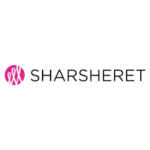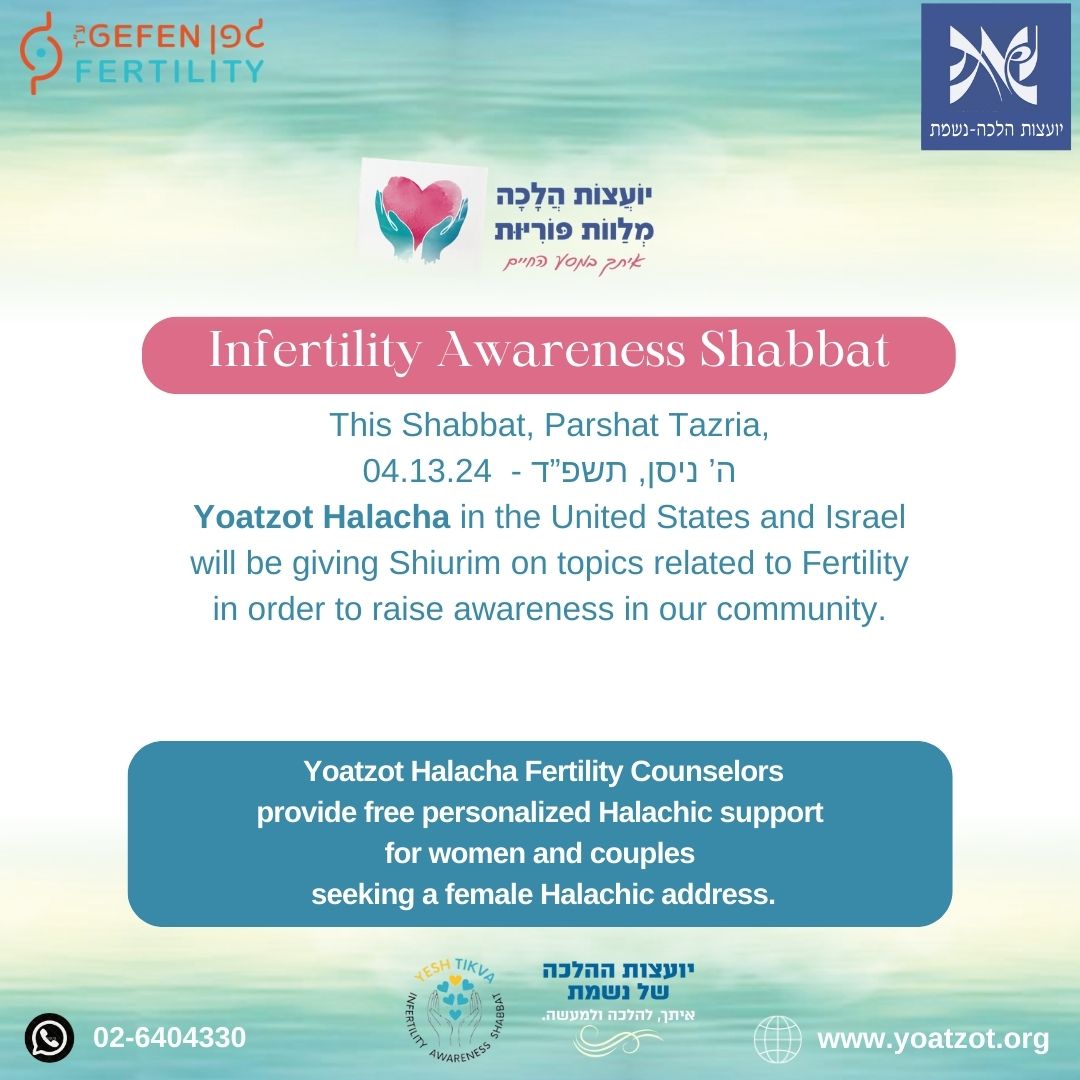By Abigail Klein Leichman | February 16, 2022
When Jewish women, men, and families anywhere in the world have questions or concerns related to breast cancer, ovarian cancer, and cancer genetics, they can turn to Teaneck-based national not-for-profit organization Sharsheret for personalized support and information.
But because many people may prefer to approach someone they already know and trust in their own Jewish community, Sharsheret recently launched a global Training Institute to certify members of partner organizations in providing expert guidance.
The first cohort of the Sharsheret Training Institute includes alumni of Jerusalem-based Nishmat and its U.S.-based Miriam Glaubach Center. These alumni are “yoatzot halacha,” women certified to advise other women in halacha — Jewish law — pertaining to the female lifecycle.
While yoatzot halacha are geared to women who self-identify as Orthodox, future Sharsheret Training Institute cohorts may be from other segments of the Jewish population, reflecting the organization’s commitment to serve the broader community.
Melissa Rosen, Sharsheret’s director of training and education, said the initial Nishmat cohort of 44 yoatzot halacha is about half Israeli and half American, plus a handful of British and Canadian participants.
“It’s the first time Nishmat has done an educational endeavor where they’ve mixed their Israeli women and their ‘Anglo’ women,” she said.
Ms. Rosen, who oversees training of healthcare professionals, Jewish professionals, and Sharsheret volunteers throughout the country, is teaching the course, along with three Miriam Glaubach Center staff members — Hindy Feder, Laurie Novick, and Atara Segal.
Two examples of halachic topics covered are whether tattoos are permissible within the context of breast reconstruction and the Jewish legal ramifications of using in vitro fertilization with preimplantation genetic testing so as not to pass on a BRCA mutation that raises the risk of breast and ovarian cancer.
The six two-hour training sessions also touch on cultural and religious concerns, such as the pros and cons of sharing a diagnosis with family and community; and acknowledging that cancer is not simply a physical experience but emotional and spiritual as well. How will the “who shall live and who shall die” High Holidays liturgy, for instance, emotionally affect someone in treatment for breast cancer?
After completing the course, each certified Sharsheret Nishmat halachic adviser will be available to support community members individually and will lead an educational session in her community within a year. Ms. Rosen said she hopes these sessions will help destigmatize the conversation.
“We know that destigmatizing breast cancer and ovarian cancer will encourage more people to become educated, get genetically screened, or get their breast cancer screenings,” she said. “We’ll save lives.”
Atara Eis, director of Nishmat’s Miriam Glaubach Center and U.S. Yoatzot Halacha Fellows Program, said the course is groundbreaking.
“During our students’ two years of study to become yoatzot halacha, Sharsheret teaches them basics about breast cancer, ovarian cancer, and cancer genetics, but these topics really deserve far more thorough, immersive training,” Ms. Eis said.
“Together, we are providing our yoatzot halacha with comprehensive, state-of-the-art halachic, medical, emotional, and pastoral education. This is a fantastic partnership between Nishmat and Sharsheret.”
Sharsheret’s chief operating officer, Devorah Silverman, said that because one in eight women will be diagnosed with breast cancer during her lifetime, Sharsheret’s leadership felt it important to offer education and guidance not only to those who connect directly with Sharsheret but also with a range of experts available to the community.
“This program empowers those other experts to provide guidance with as much up-to-date information as possible,” Ms. Silverman said.
“We’ve been working for years to provide cultural competency training to doctors such as oncologists, radiologists, obstetricians, gynecologists, and plastic surgeons so that they understand some of the unique sensitivities of Jewish women when they’re faced with genetic mutations or a diagnosis of breast or ovarian cancer.”
The Training Institute takes that to another level. “One of the things that distinguishes this from other trainings we’ve offered is the depth,” Ms. Silverman said. “We’re really diving deeply into topics.”
Micah Philanthropies provided seed funding for the new program.
“We are in process to work with three or four other organizations, each of which has different things they want to focus on,” Ms. Rosen said. “We’ll be doing the education a little differently with each cohort to meet the needs of their constituents.”
For example, the training can be customized to focus on psychosocial or spiritual aspects and what the local Jewish community can offer women or men who turn to them for guidance regarding breast or ovarian cancer.
“In all cases, we are talking about everything they need to support someone in their community who is facing a breast cancer or ovarian cancer diagnosis or lives with a high risk because of a family history or known genetic mutation,” Ms. Rosen said. “Through this institute, we’ll really be able to amplify the support that people get.”
Leaders of organizations interested in these specialized trainings can ask Melissa Rosen for more information; email her at [email protected] or call her at (866) 474-2774.
















